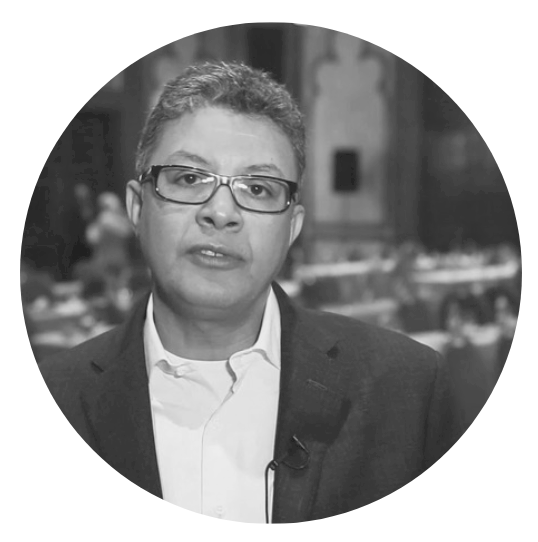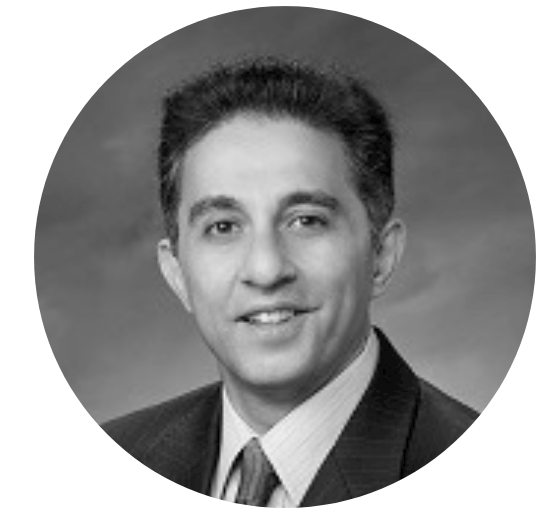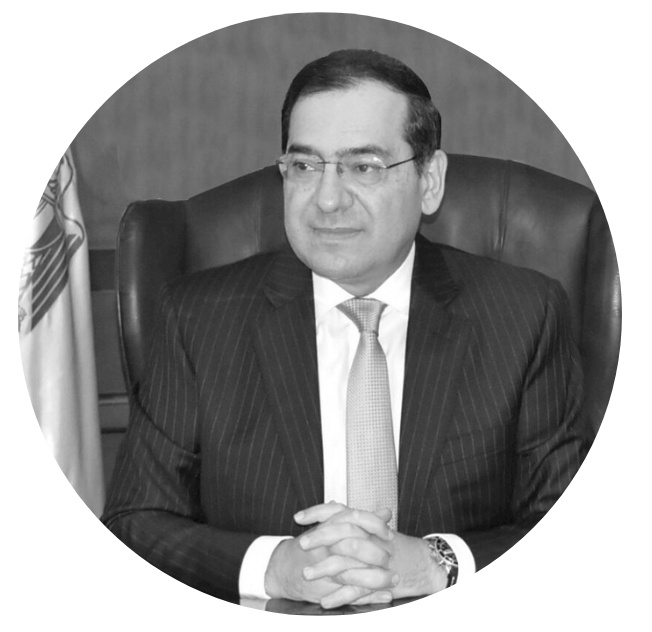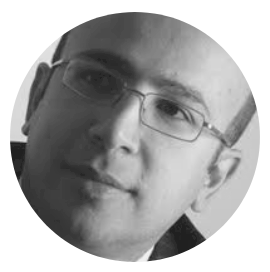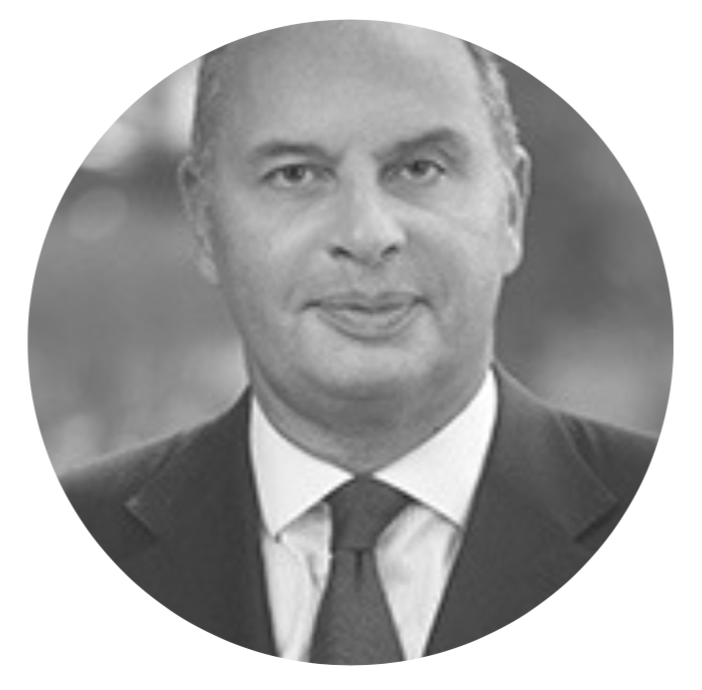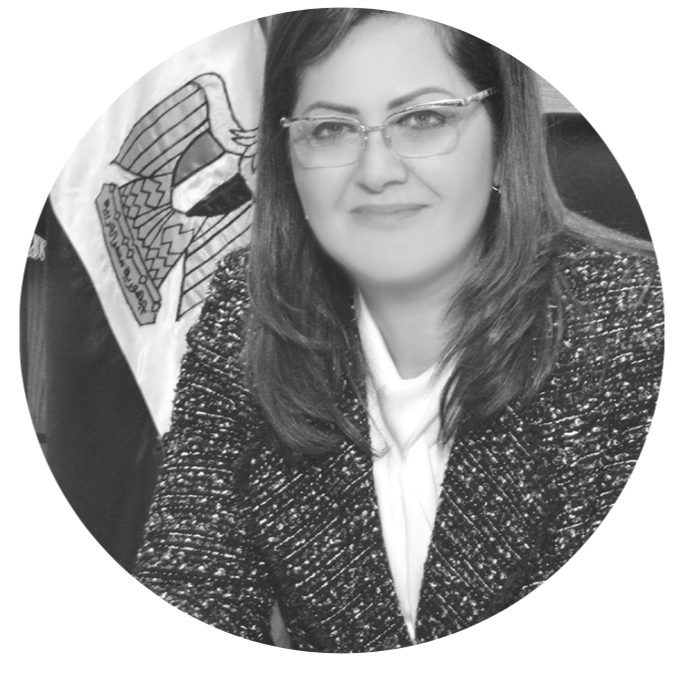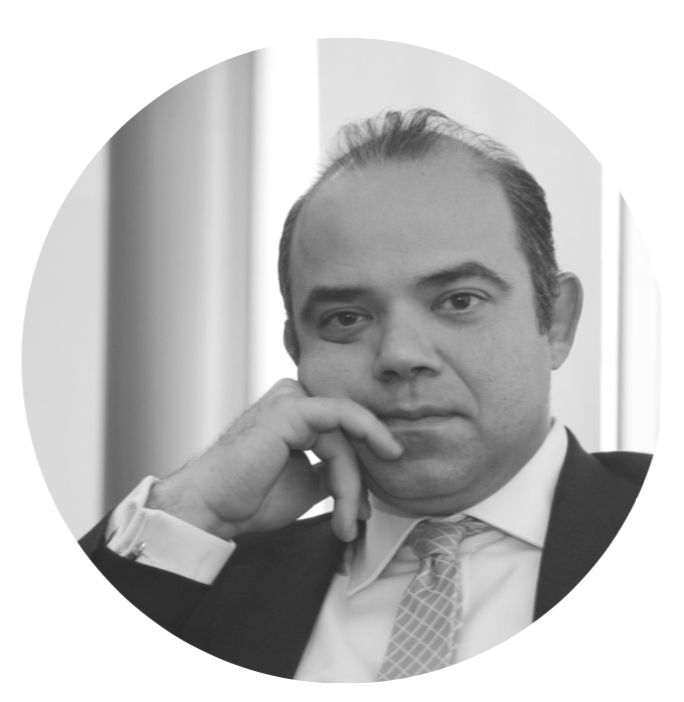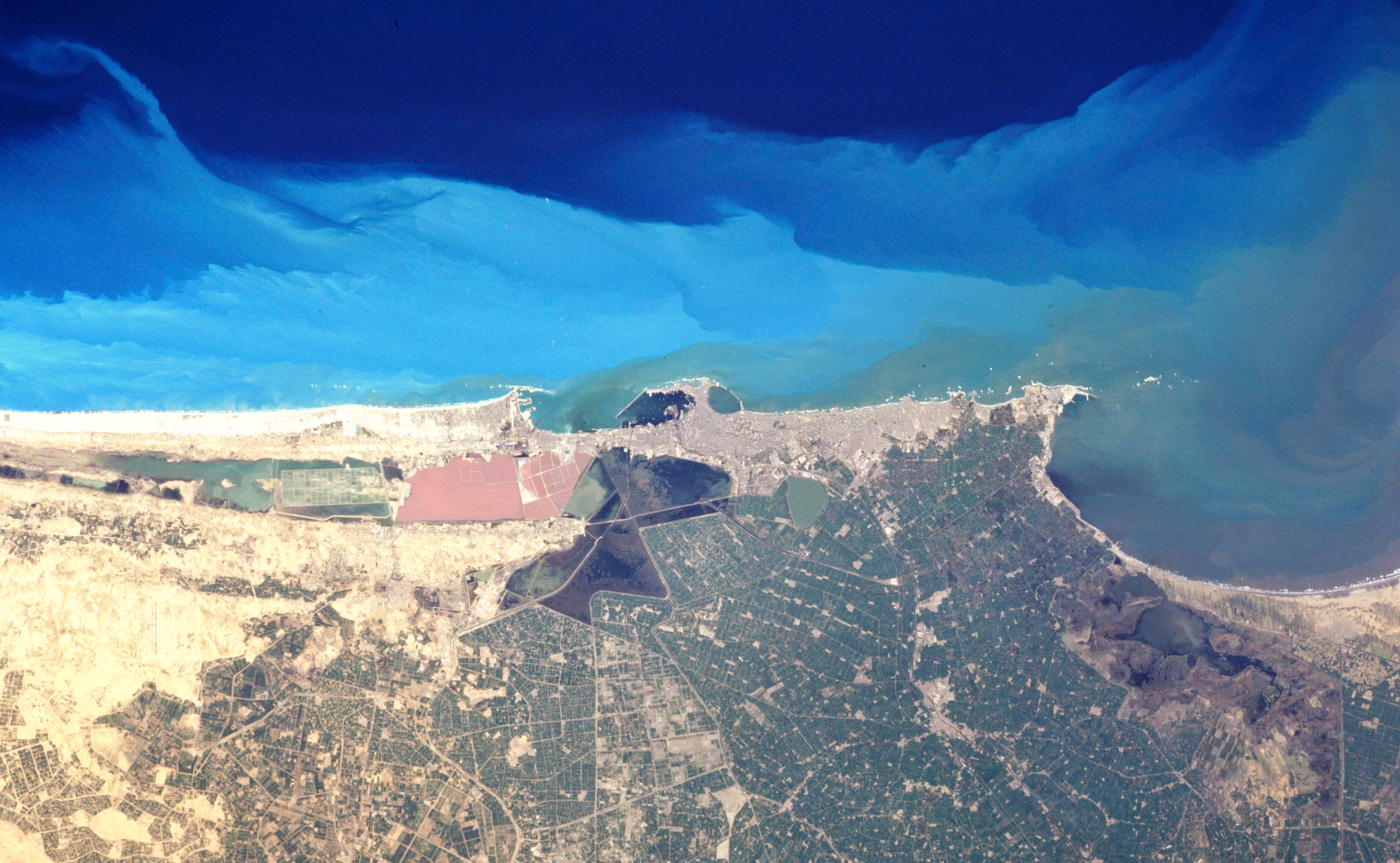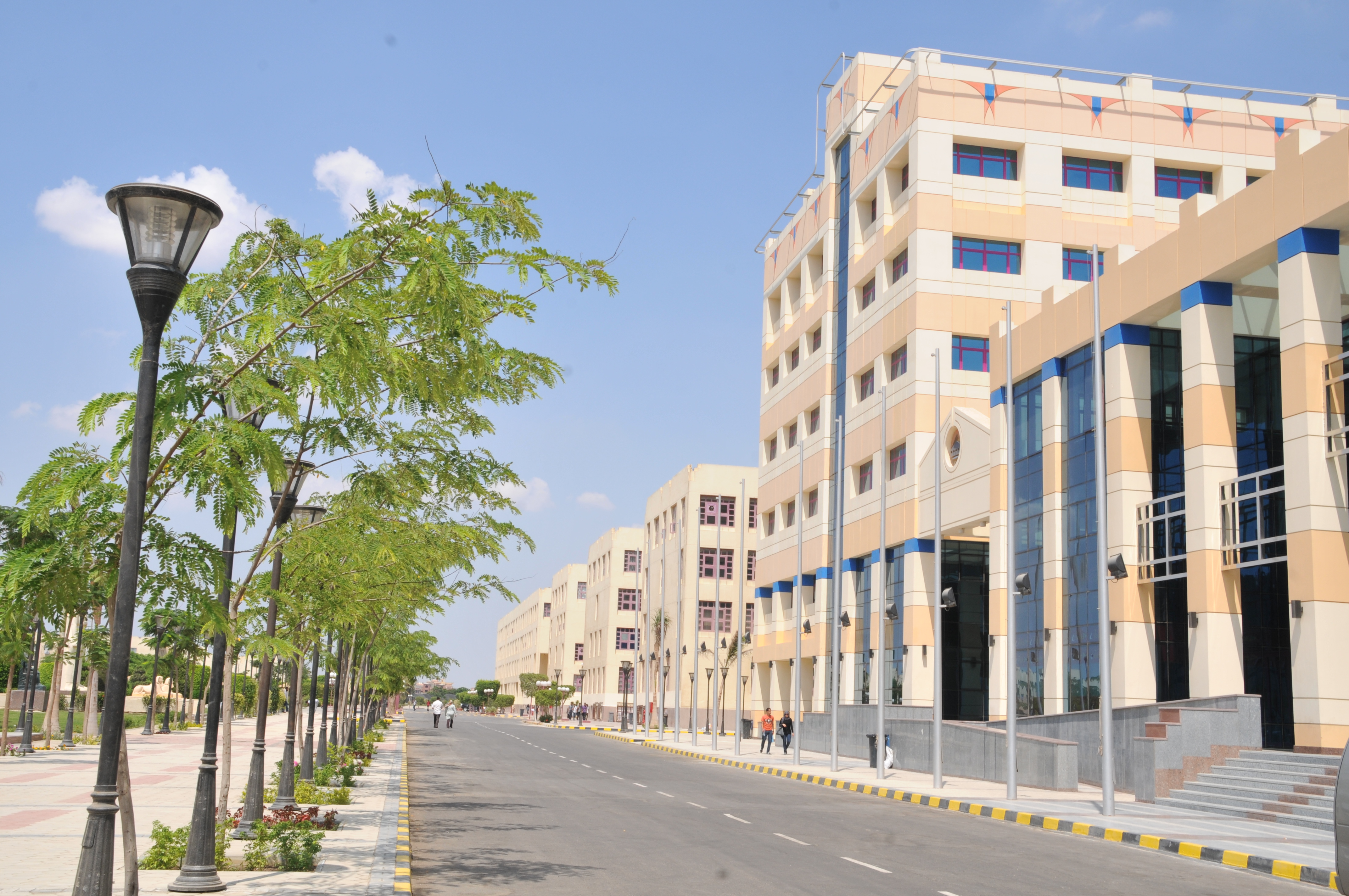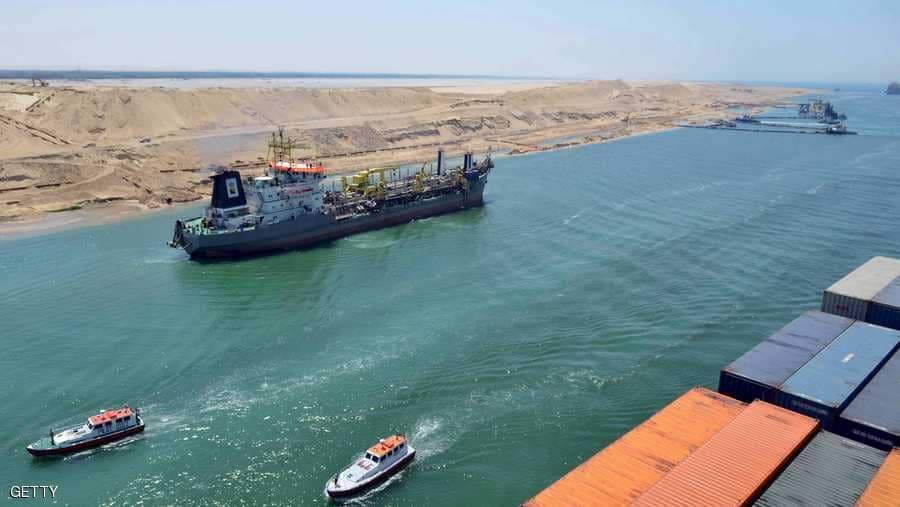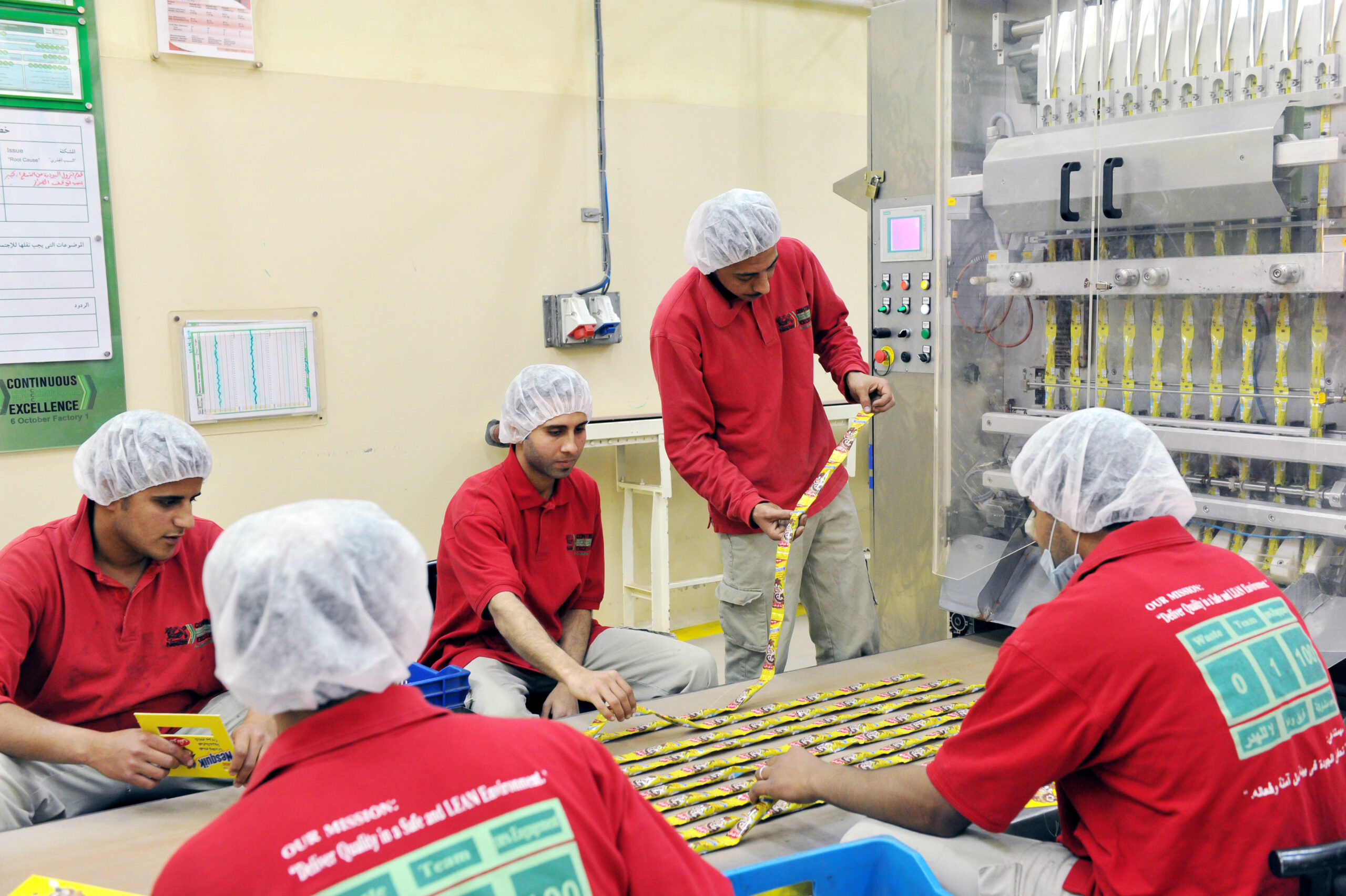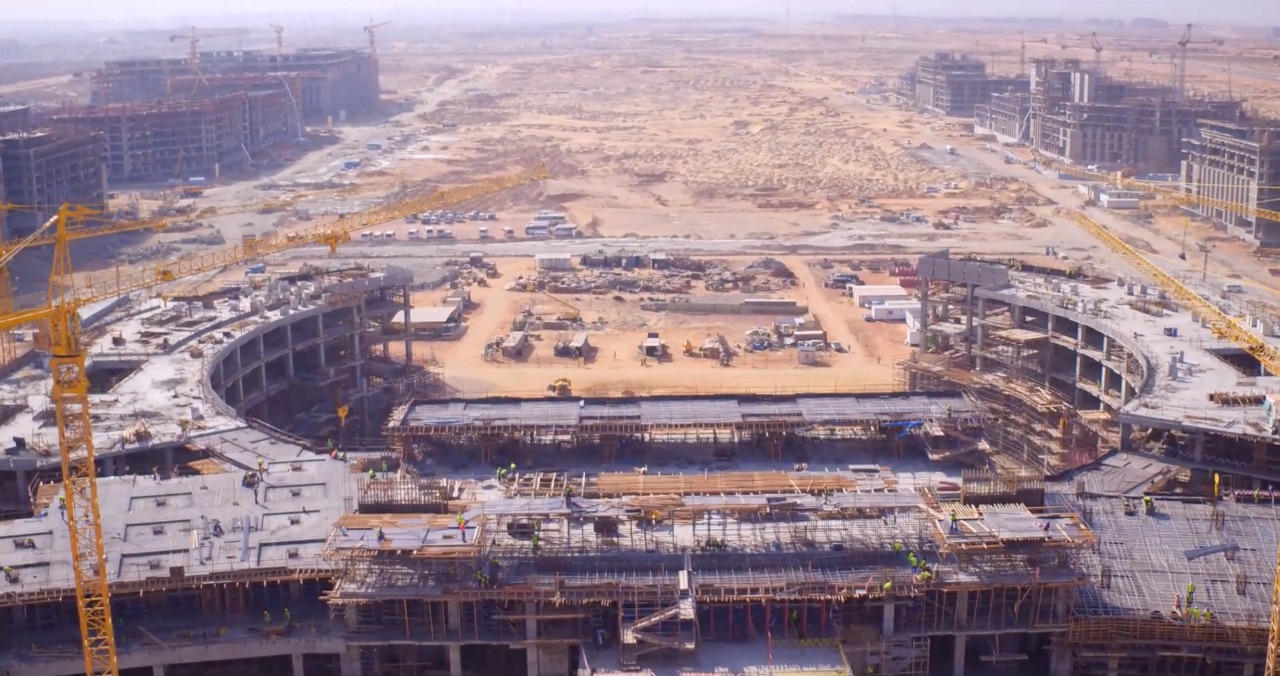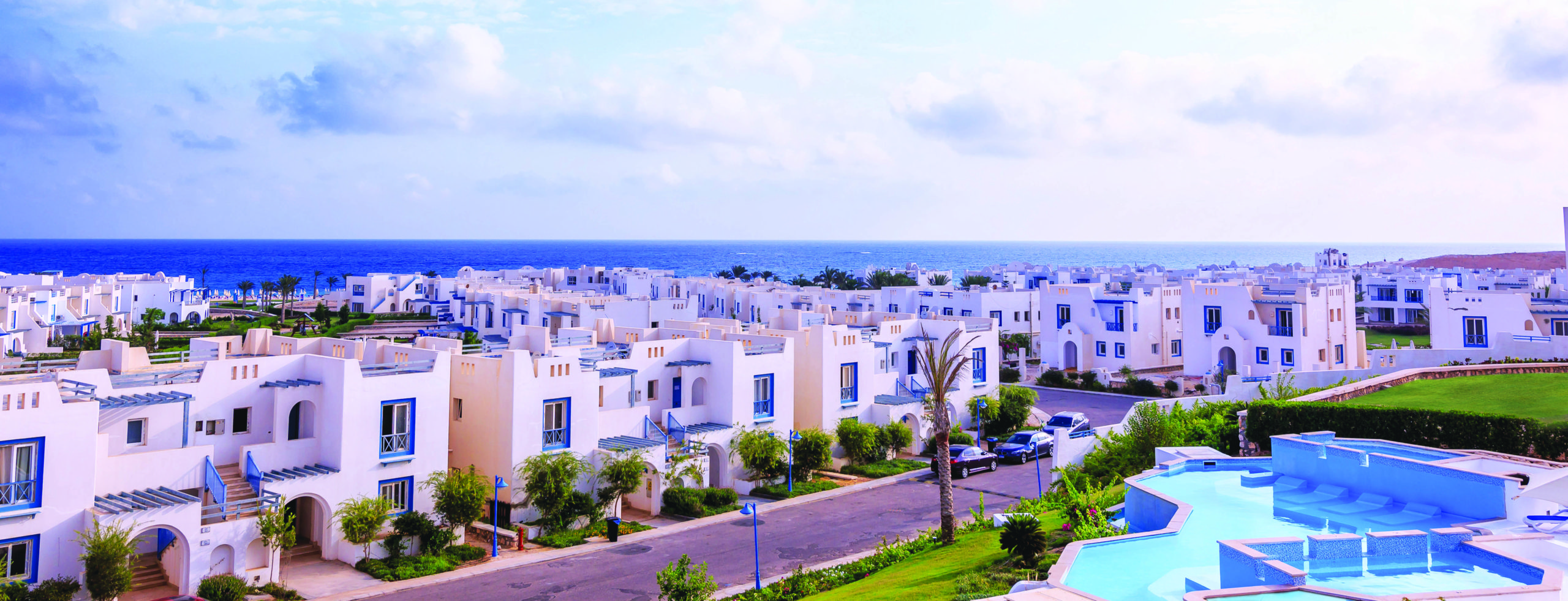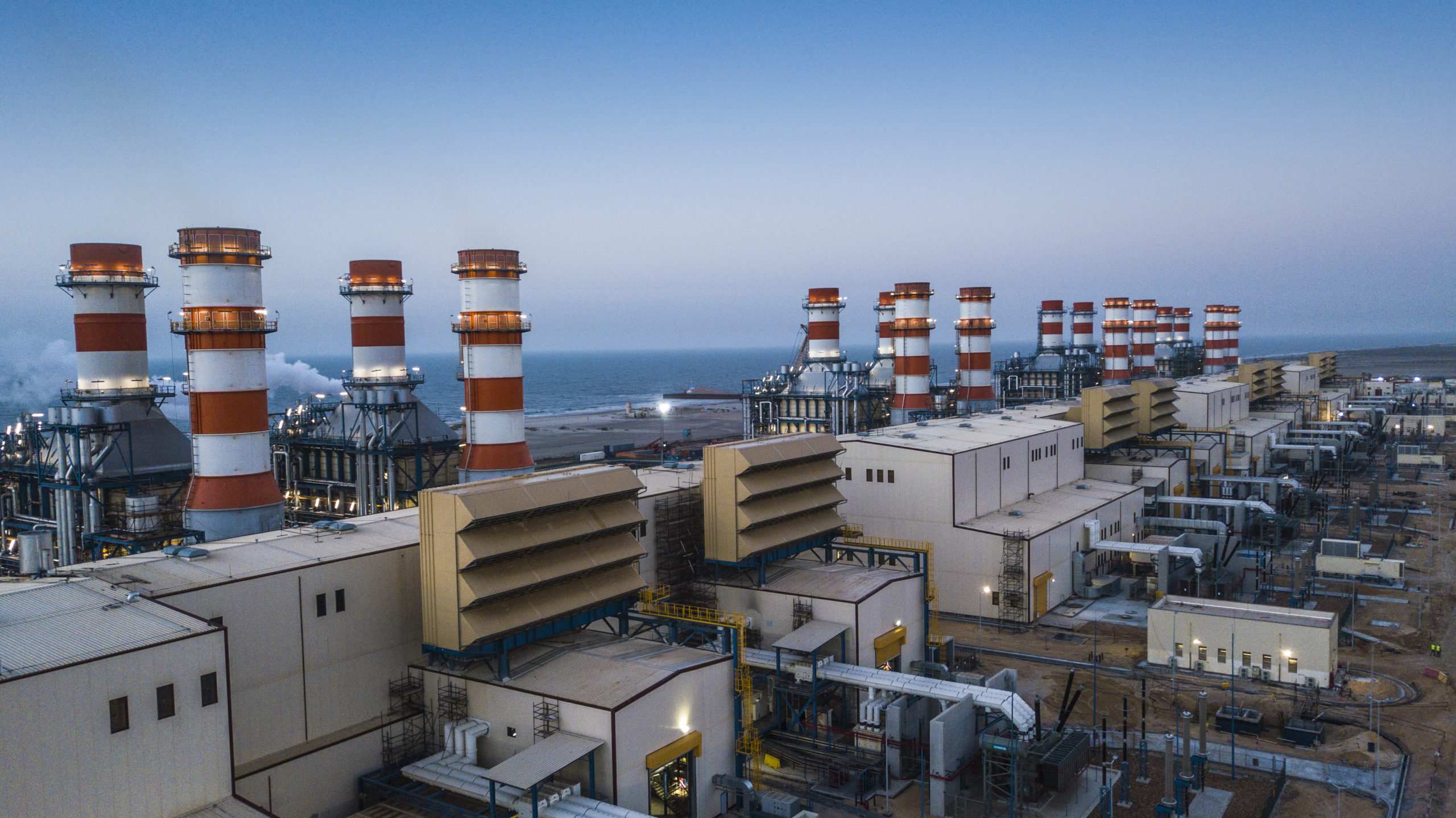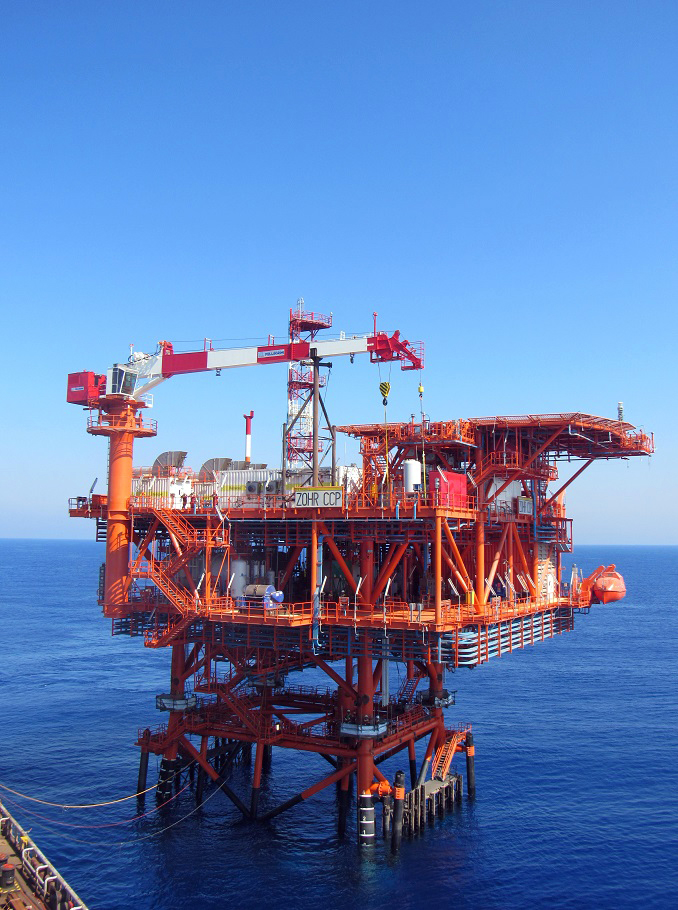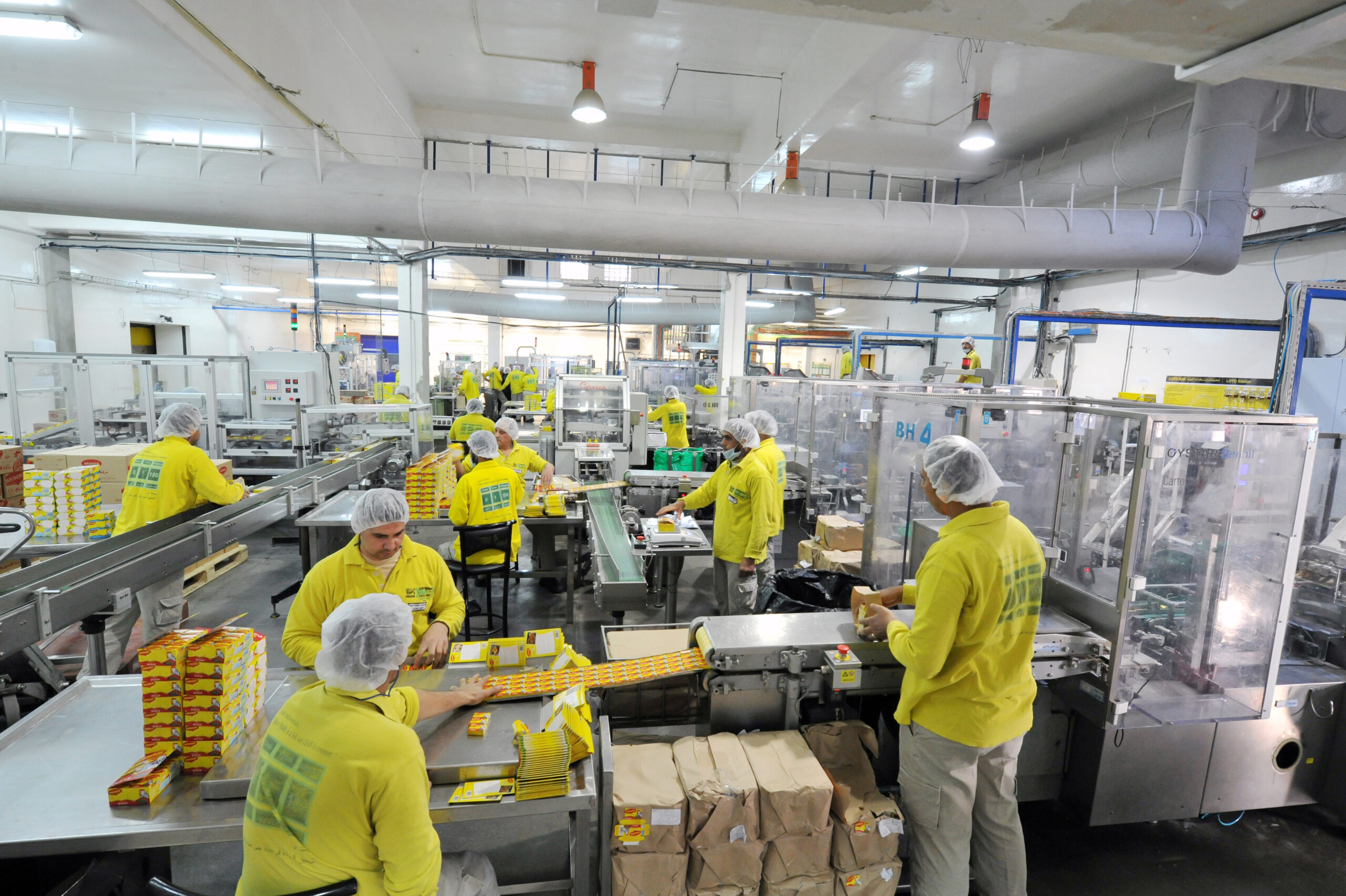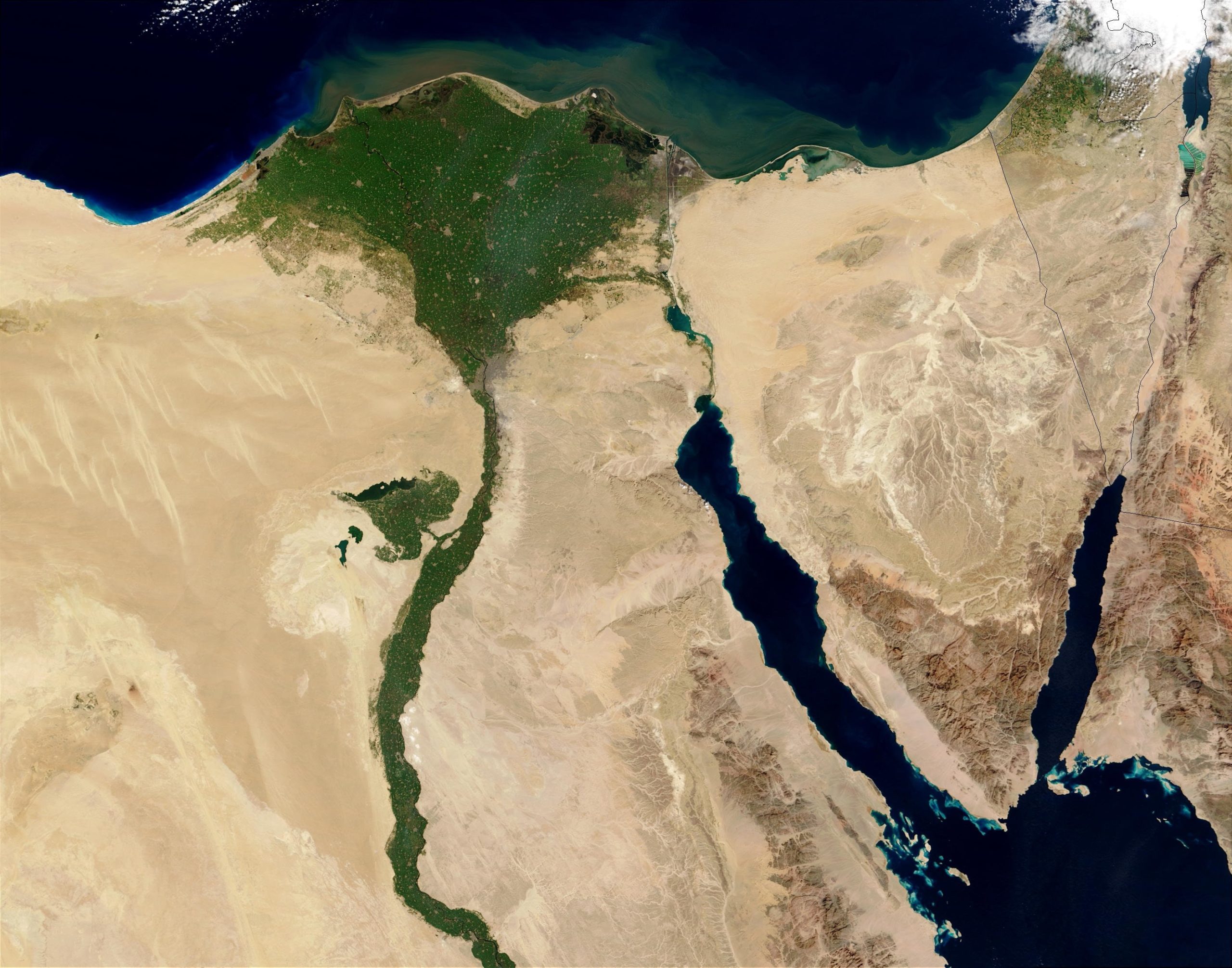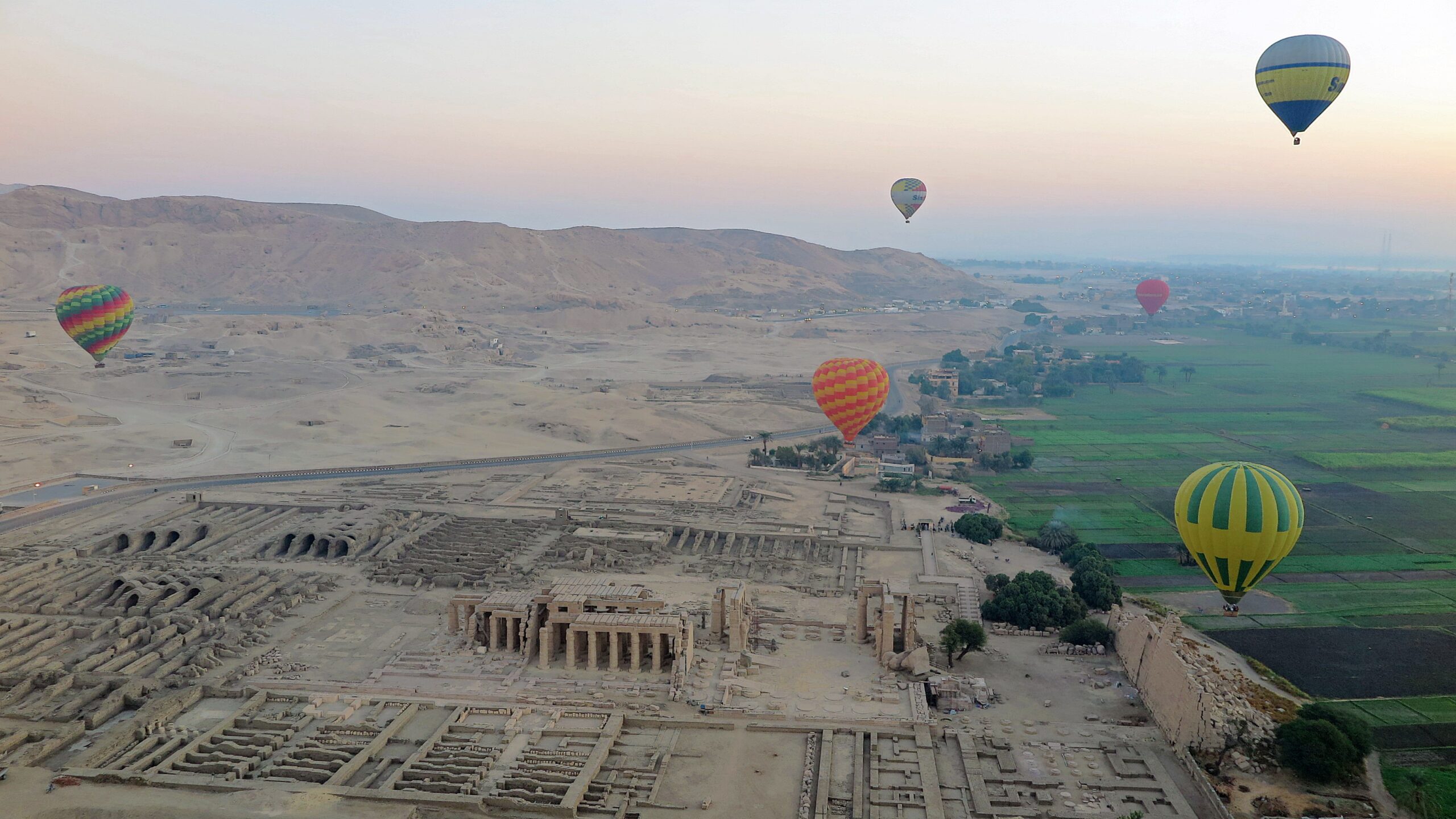All the high-quality advantages of Switzerland, but with greater affordability

In Northeastern Switzerland, bordering Zurich and within St.GallenBodenseeArea, lies the canton of Thurgau, one of the most cost-efficient business locations in the Swiss Confederation. The canton respects its agricultural history and capitalizes on its location in one of Europe’s strongest economic regions. Excellent transport links connect the capital Frauenfeld to Zurich Airport by rail in 25 minutes.
Companies based in the canton of Thurgau benefit from all the high-quality advantages of Switzerland, but with greater affordability. Businesses benefit from the canton’s competitively priced real estate offerings, which are 30 percent more affordable than in Zurich, and ample land reserves support growth and expansion. With appealing real estate opportunities, the region lies within one of Switzerland’s most attractive economic areas.
According to Walter Schönholzer, Head of the Department of Economics and Home Affairs of Canton Thurgau, “Local government is small and efficient. We take great pride in ensuring civil service has short official channels so decisions can be made swiftly. Building permits, for example, can be obtained systematically without difficulty. An environment of dialogue has been fostered locally between stakeholders which has been beneficial for businesses and makes it easy to retain happy residents. Companies find qualified employees and an active apprenticeship system which delivers a constant stream of youthful applicants.”

Industry is well established in Thurgau and represents nearly 35 percent of the economy. A wide variety of machine, electrical engineering, and metals companies corroborate Thurgau’s many advantages with its quality of life, breathtaking landscape, qualified labor force, liberal labor laws, favorable tax system, and low wage and production costs.
According to Daniel Wessner, head of the Thurgau Office for Economy and Labor, the manufacturing and processing sectors have an outstanding local footprint. He asserts “Several well-known, internationally active enterprises have large ongoing investments in Thurgau that are growing. The worldwide leader in high-tech transportation systems Stadler Rail is continuously expanding its local operations, household appliance manufacturer V-Zug is expanding with a CHF 250 million plant, and the Finnish marine engine manufacturer Wärtsilä relocated its Swiss research, development, and service headquarter location to Frauenfeld in 2020.”

Napoleon Museum in Salenstein 
Rhein river bike route in Diessenhofen
While business is thriving thanks to favorable conditions, it is the exemplary quality of life that attracts and retains employers, residents, and most importantly, youth.
The canton of Thurgau is known for its sublime agricultural produce. It is characterized by vineyards, orchards, and hills. It has become the number one fruit growing area in Switzerland. Exemplary wine is produced in the Thur valley. Strawberry and raspberry farms abound, ranking it the second largest canton by production. It grows a third of Switzerland’s apples and pears, and nearly half of nationally consumed sugar originates from sugar beets grown in Frauenfeld. Its apples are fermented into sweet cider and baked into delicious desserts such as the celebrated apple juice “Thurgauer Süssmost Creme” and the locally renowned apple tart “Arenenberger Apfeltorte.”

Lake Constance 
Bischofszell Village
Beyond its orchards, whitefish and European perch are fished from Lake Constance, the third-largest freshwater lake in Central and Western Europe. Thurgau is also the home of Thurgauer Rahmkäse, a popular semi-hard cheese. The cheese’s creamy texture, rich aroma, mild spicy notes and delicate melting have conquered connoisseurs around the world.
With softly rolling landscape at the foothills of the Alps that beckon cyclists and 62km of shoreline along Lake Constance and the River Rhine, it is no surprise MICE tourism is thriving.
Congress, conference, and workshop facilities are readily available within an assortment of historic castles, monasteries, and hotels. Karthause Ittingen, one of the most stunning venues in Thurgau, offers MICE events beautiful gardens and historic huts on the grounds of the former monastery, while the most recent addition, the Wolfsberg Conference Center, offers state-of-the-art infrastructure. It is no surprise Thurgau retains its happy residents; they can work where others vacation.





